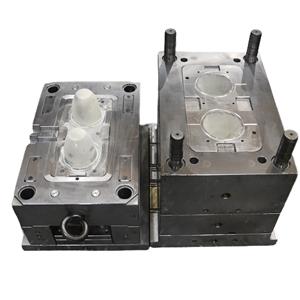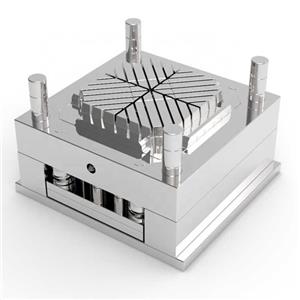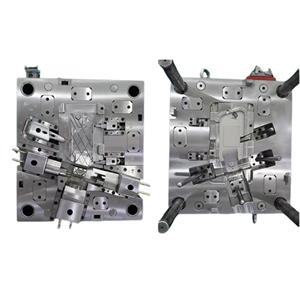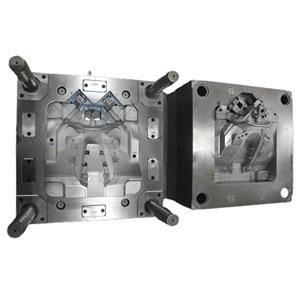Reusable Plastic Dinner Pail Home Use
The Ultimate Guide to Sustainable Food Storage Solutions: Containers, Cutlery & Meal Prep Essentials
In today's environmentally-conscious world, plastic home using chopstick boxes, versatile food containers, practical fork knife and spoon sets, and innovative lunch boxes have become indispensable kitchen essentials. These reusable alternatives to disposable products offer both ecological benefits and superior functionality for modern lifestyles.
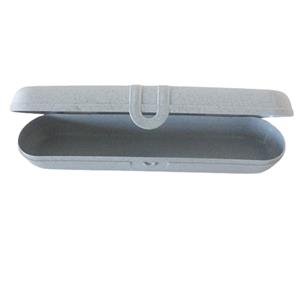
Section 1: Environmental Advantages of Reusable Food Storage
1.1 Waste Reduction:
A single set containing food containers, lunch boxes, fork knife and spoon combinations, and plastic home using chopstick boxes can replace thousands of disposable items over their lifespan
High-quality food containers prevent approximately 3-5 disposable equivalents from entering landfills weekly
Durable lunch boxes eliminate need for plastic bags and disposable wrappers
Reusable fork knife and spoon sets reduce plastic cutlery waste
1.2 Material Innovations:
Modern food containers utilize:
100% post-consumer recycled plastics
Plant-based biopolymers
Glass-infused composites
Eco-friendly lunch boxes feature:
Bamboo fiber construction
Wheat straw components
Silicone hybrids
Fork knife and spoon sets now available in:
Stainless steel
Titanium
Recycled aluminum
Plastic home using chopstick boxes incorporate:
Food-grade silicone grips
Antimicrobial coatings
Sustainable bamboo bodies
Section 2: Product Specifications & Features
2.1 Food Containers:
Capacity range: 100ml snack sizes to 5L bulk storage
Specialized types:
Freezer-safe deep food containers
Microwave-safe reheating containers
Portion-controlled food containers
Stackable modular systems
Innovative features:
Steam release valves
Measurement markings
Divided compartments
Clip-lock lids
2.2 Lunch Boxes:
Configuration options:
Single-compartment basic lunch boxes
Bento-style divided lunch boxes
Stackable lunch box systems
Insulated thermal lunch boxes
Premium features:
Built-in ice packs
Utensil integration (fork knife and spoon holders)
Removable dividers
Leak-proof silicone seals
2.3 Fork Knife and Spoon Sets:
Material choices:
18/8 stainless steel fork knife and spoon
Titanium-coated utensils
Bamboo-handled sets
Recycled plastic combinations
Design variations:
Travel-sized fork knife and spoon
Camping utensil sets
Office-friendly compact versions
Child-safe rounded fork knife and spoon
2.4 Plastic chopsticks box for home use:
Size options:
Single chopstick containers
Pair-sized plastic home using chopstick boxes
Family sets (4-6 chopsticks)
Travel cases with cleaning brushes
Special features:
Anti-roll designs
Hanging loops
Measurement markings
Section 3: Practical Usage Scenarios
3.1 Home Meal Preparation:
Store dry goods in clear food containers
Portion meals in divided lunch boxes
Keep chopsticks accessible in plastic home using chopstick boxes
Maintain complete fork knife and spoon sets for daily use
3.2 Office Lunch Solutions:
Microwave-safe food containers for reheating
Professional-looking lunch boxes
Compact fork knife and spoon sets for desk drawers
Discreet plastic home using chopstick boxes
3.3 Outdoor Activities:
Airtight food containers for camping
Insulated lunch boxes for picnics
Durable fork knife and spoon sets for travel
Lightweight plastic home using chopstick boxes
3.4 Special Dietary Needs:
Color-coded food containers for allergen separation
Specific lunch boxes for dietary regimens
Specialized fork knife and spoon for dietary requirements
Hygienic plastic home using chopstick boxes
Section 4: Maintenance & Care Instructions
4.1 Cleaning Procedures:
Food containers: Top-rack dishwasher safe or hand wash
Lunch boxes: Disassemble all components before washing
Fork knife and spoon: Polish regularly to maintain finish
Plastic home using chopstick boxes: Clean with mild detergent
4.2 Storage Recommendations:
Nest food containers by size to save space
Store lunch boxes with lids separated
Keep fork knife and spoon sets in protective cases
Maintain plastic home using chopstick boxes in dry conditions
4.3 Longevity Tips:
Avoid extreme temperature changes with food containers
Replace worn lunch box seals periodically
Resharpen fork knife and spoon as needed
Inspect Plastic chopsticks box for home use cracks
Section 5: Future Trends in Reusable Food Storage
5.1 Smart Technology Integration:
Food containers with freshness sensors
Self-heating lunch boxes
Fork knife a

